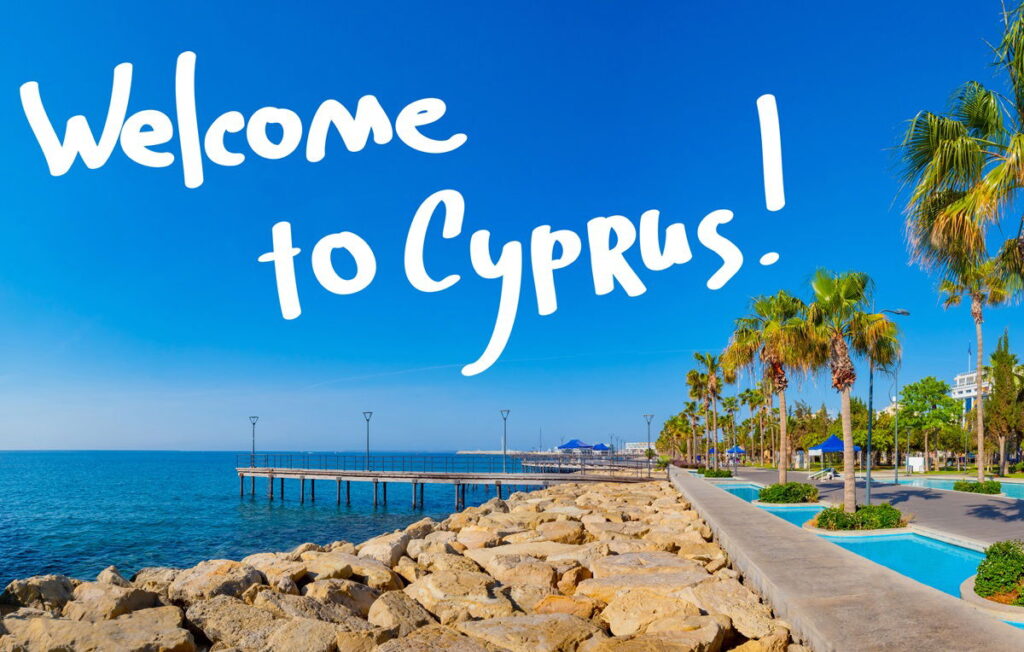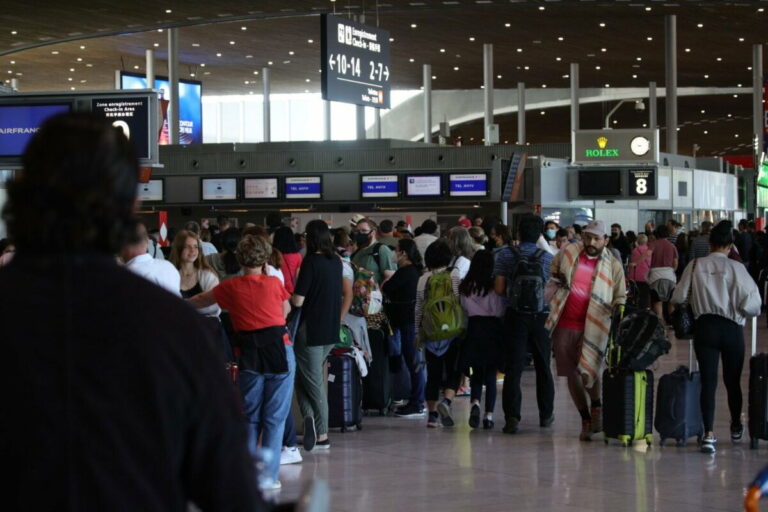
Cyprus welcomes millions of British visitors every year—Schengen rules could soon change how long you can stay.Credit : FOTOGRIN, Shutterstock
Brits’ favourite Mediterranean getaway, Cyprus, is set to shake up holiday rules by joining the Schengen Area in 2026. Here’s how it will impact your travel plans, and why some are calling it bad news for regular UK visitors.
Schengen expansion: What does it mean for Cyprus and holidaymakers?
Cyprus has long been a sun-drenched favourite for British holidaymakers, with over a million UK tourists heading there every year. But the island’s government now says it aims to join the Schengen Area by 2026, in a move that’s set to change how easy it is to hop over for a quick break, or a longer escape.
The Schengen Area is a group of 29 European nations, including much of the EU and a handful of others, who’ve done away with internal borders. That means once you’re in, you can travel across participating countries without passport checks. Cyprus, although an EU member since 2004, hasn’t yet joined Schengen—so, for now, time spent there doesn’t eat into your limit for the rest of Europe.
But that’s about to change. Once Cyprus becomes part of Schengen, new rules will kick in for British travellers. Your time in Cyprus will start counting towards your 90 days out of every 180 in the Schengen Area. This means those long Mediterranean getaways could get a little more complicated if you like to split your time between Spain, France, Greece, and now, Cyprus.
The 90/180 Rule: Why Brits will need to watch the calendar
So, what is the famous 90/180 rule that everyone’s talking about? Put simply, non-EU visitors—yes, that now includes Brits—can only spend 90 days in the Schengen Area within any rolling 180-day period. The days add up, whether you’re city-hopping across Europe or sunbathing on a single beach.
At the moment, Cyprus is an exception: you can lounge in Larnaca all summer and still have your full 90 days for Spain or Italy. But once the rules change, every day you spend on the island will count towards that Schengen limit. Spend too long and you could be facing a hefty fine, or even a ban from returning.
Add to that, the upcoming European Travel Information and Authorisation System (ETIAS), which means all non-EU travellers will need prior online authorisation before they can enter Schengen countries—including, soon, Cyprus. So, before packing your bags, Brits will need to get their paperwork sorted.
Why Cyprus Wants Schengen and what changes for locals and trade
From Cyprus’s perspective, joining Schengen is a big deal. Locals will find it easier to travel around Europe, no more passport queues or complicated visa checks. The same goes for trade—goods will be able to move more freely, cutting down on customs red tape and boosting business for local producers.
President Nikos Christodoulides has called it a huge step forward, saying the government is pushing hard to tick all the technical boxes before the 2026 target. For many Cypriots, it’s seen as an overdue move, finally bringing the island in line with the rest of Europe’s single travel market.
For British holidaymakers, though, it means a bit more planning—and a fresh look at those all-important dates on your travel calendar.
Stay tuned with Euro Weekly News for more news about Travel






